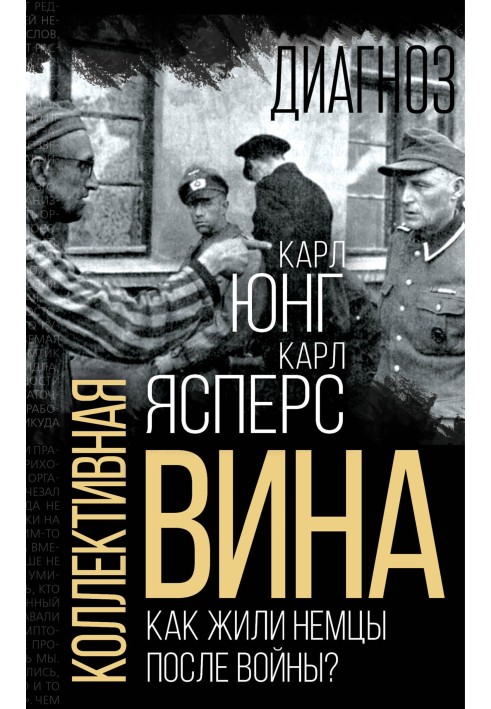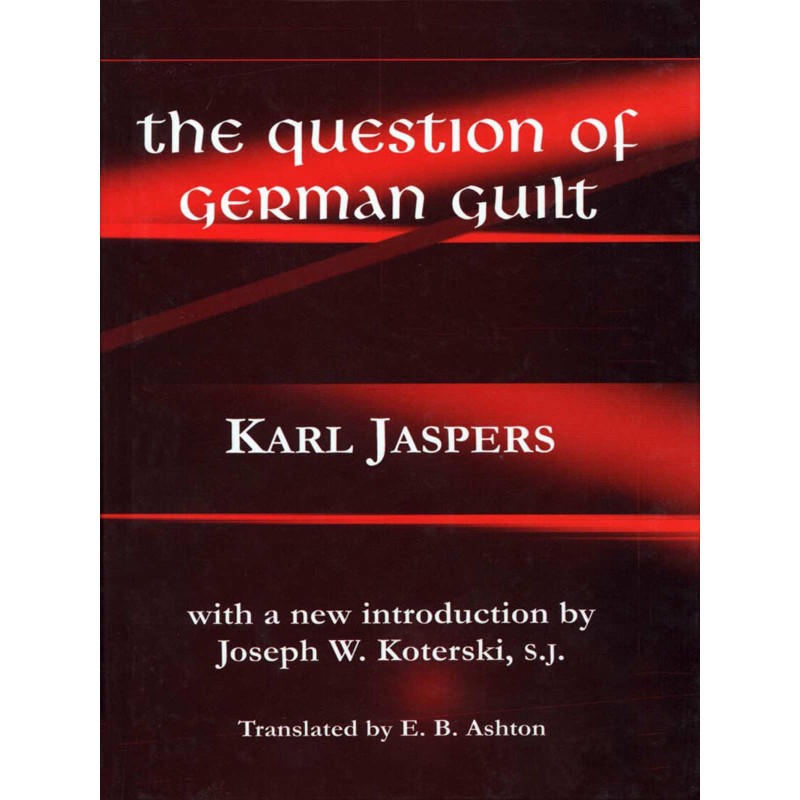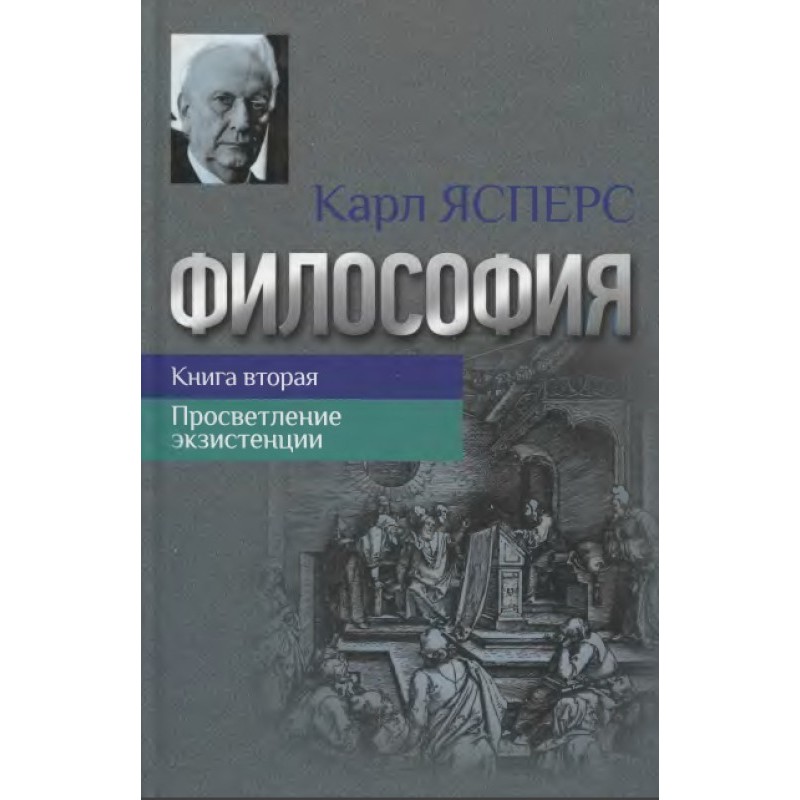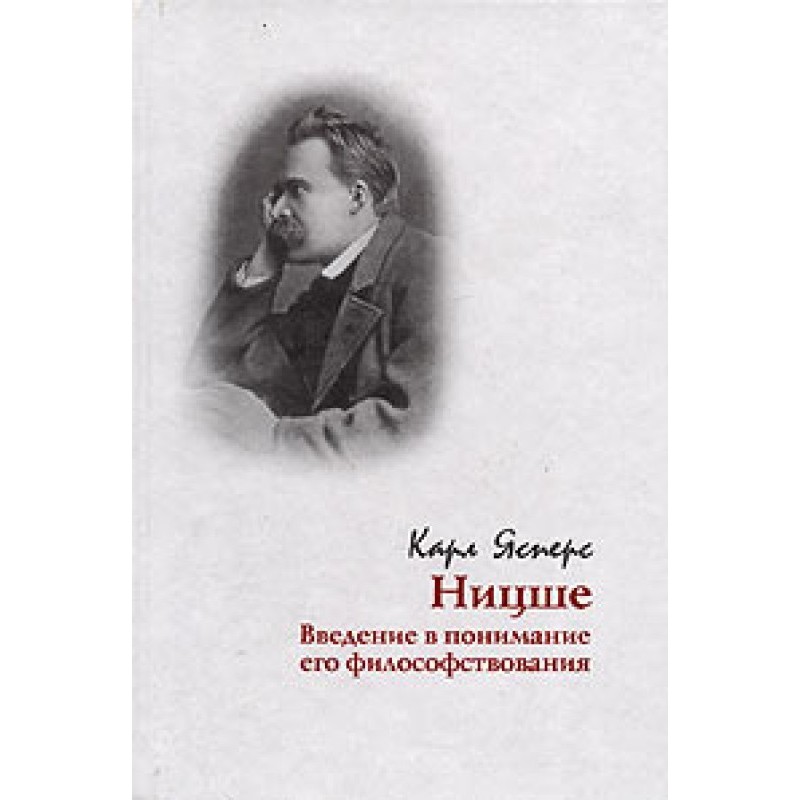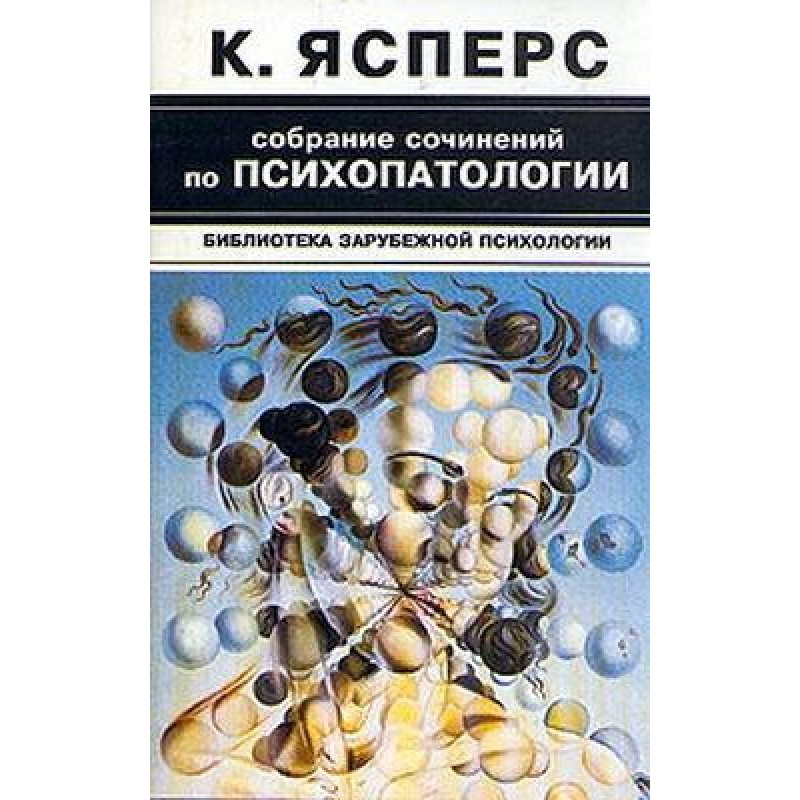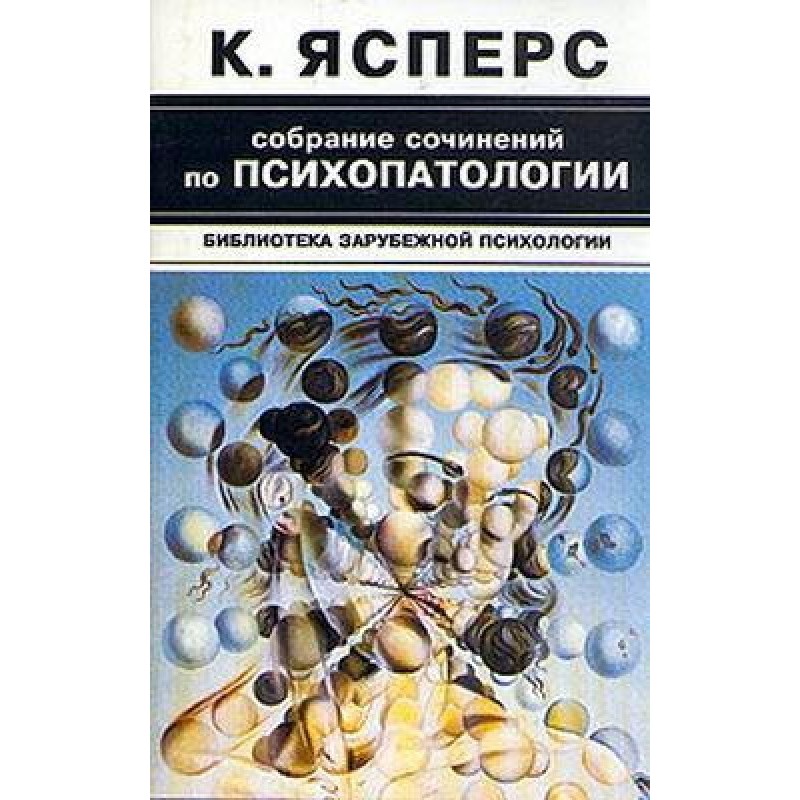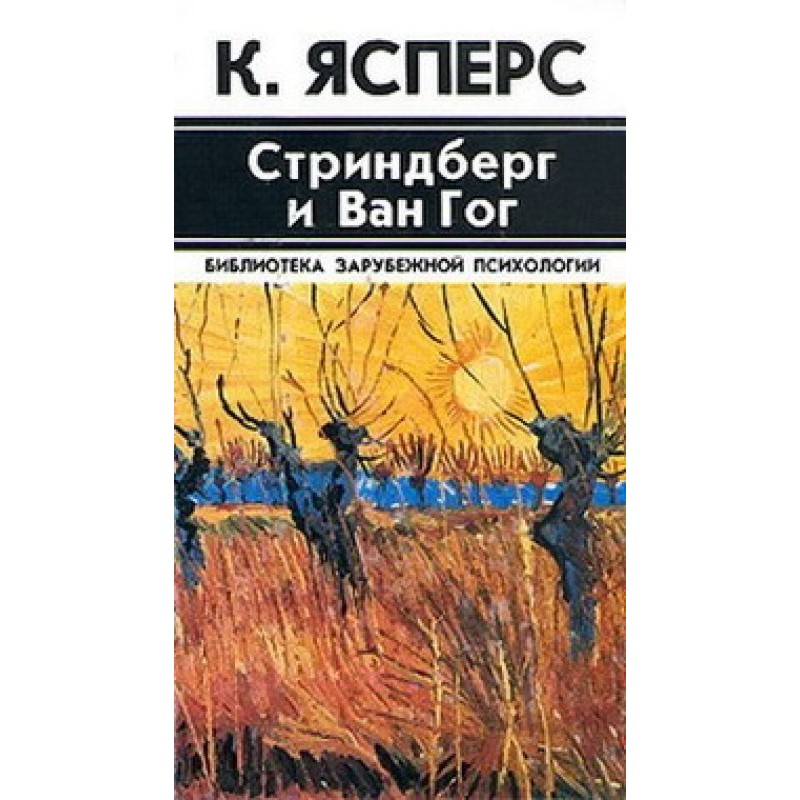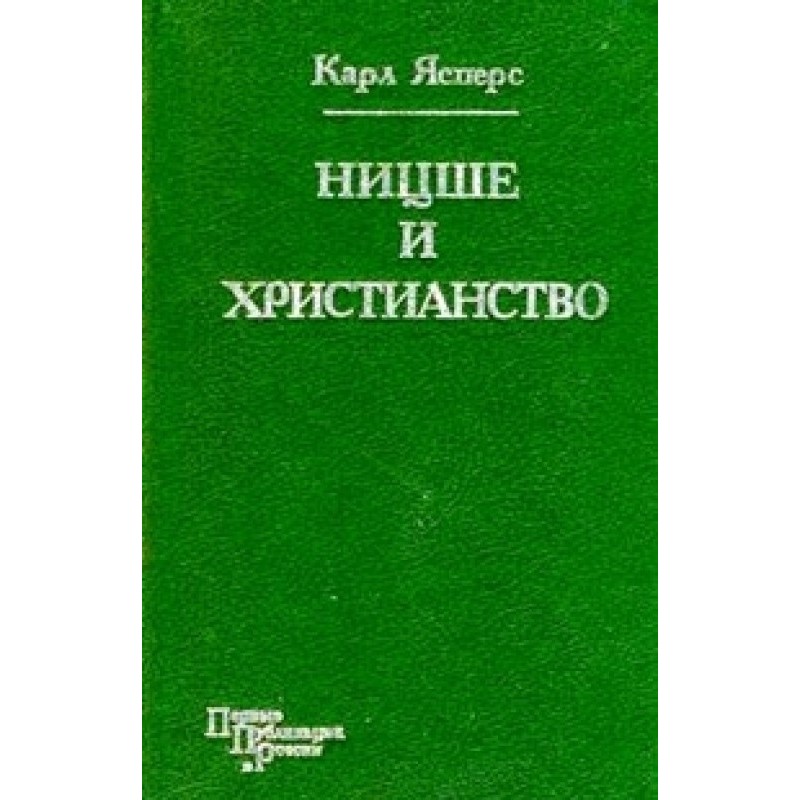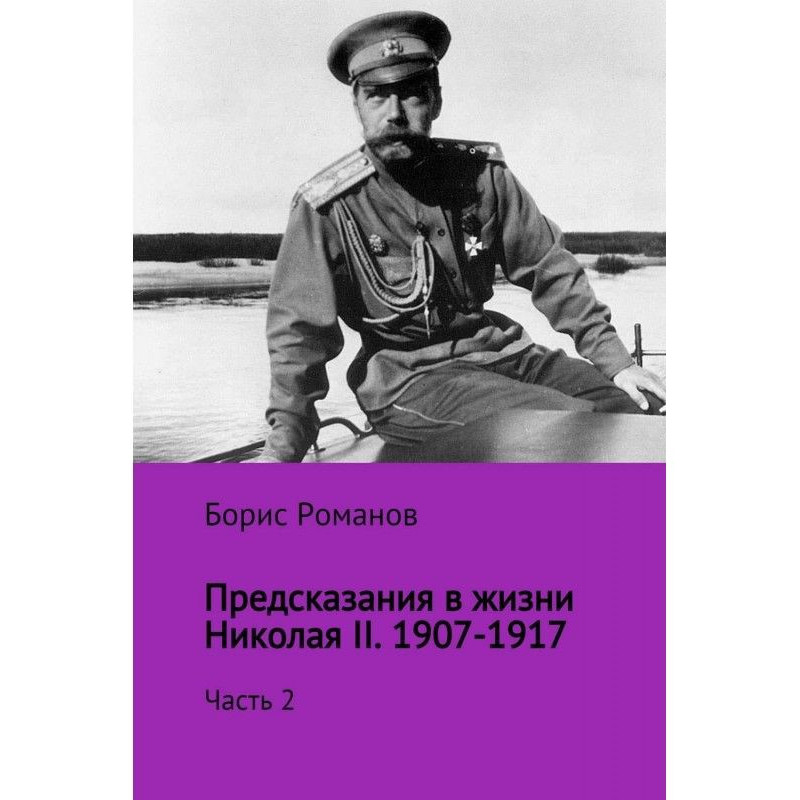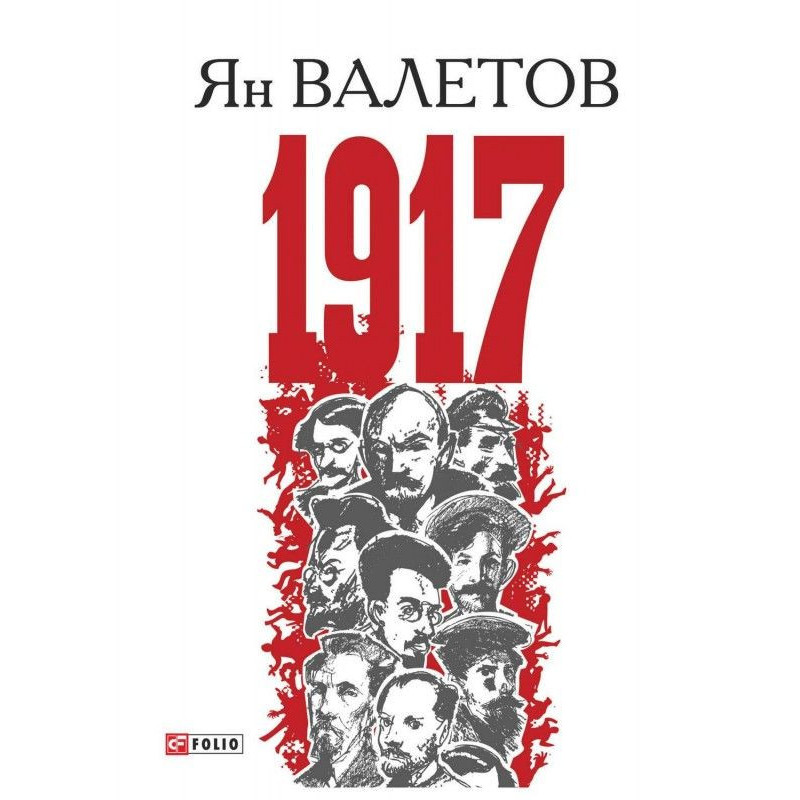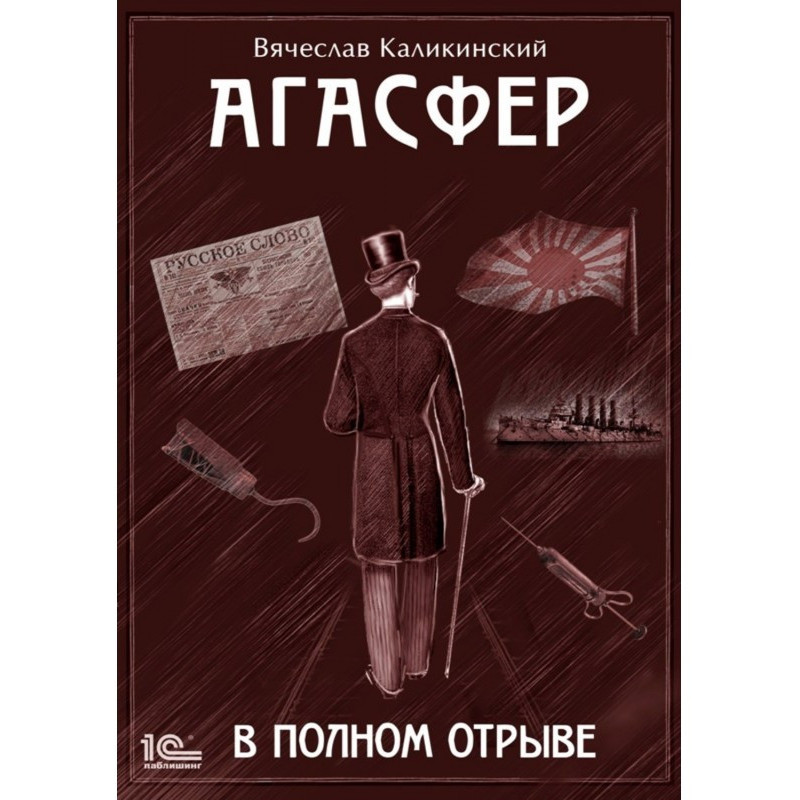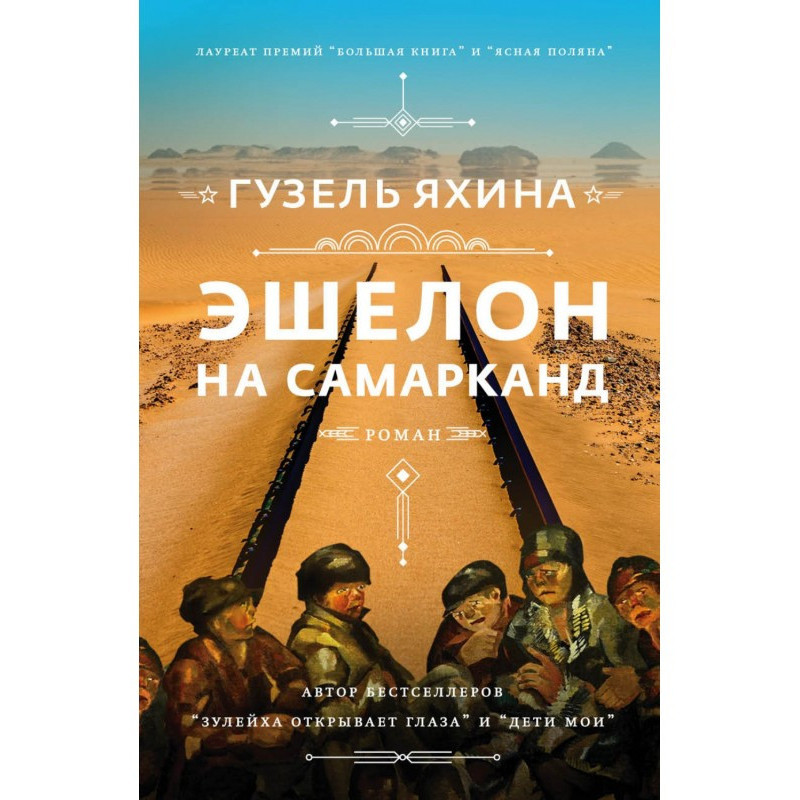Collective guilt. How did the Germans live after the war?
 Instant download
Instant download
after payment (24/7)
 Wide range of formats
Wide range of formats
(for all gadgets)
 Full book
Full book
(including for Apple and Android)
Many scientists left Germany with the arrival of the “brown plague”. They cursed and forgot the country that literally threw them into the dustbin of history, but not Karl Jaspers, who decided to go through this test with his people. He cursed Germany in 1945. In 1937, he was disgracefully deprived of the title of professor for his sympathy for Jews, and then his former colleagues began to persecute the professor. The scientist did not want to leave the country even then. For eight long years he wrote “on the table” and lived under the daily threat of arrest. In 1945, everything changed, the shackles of fascism fell. Jaspers thought that now everyone who collaborated with the regime would go to the dustbin of history, where he spent eight long years, but when he arrived at the university, he met the same people who organized the persecution against him. Everyone seemed to have forgotten about the past. The scientist could not survive this shame, he cursed Germany and left the country. He never set foot on German soil again, and the result of his disappointment was the philosopher’s main work: “The Question of Guilt,” in which he first substantiated and formulated the concept of “collective guilt.” This work was the beginning of a large process of understanding the phenomenon of fascism; it was this work, as well as a number of essays and interviews with Carl Jung and Sigmund Freud, who tried to understand the issue of wine from the perspective of analytical psychology, that compiled this book. The publishing layout is saved in a4.pdf format.< /p>
Data sheet
- Name of the Author
- Карл Юнг Густав
Карл Ясперс Теодор
Томас Манн - Language
- Russian
Reviews
Глибоке осмислення колективної вини
Книга "Колективна вина. Як жили німці після війни?" є важливим внеском у розуміння не лише німецької історії, а й загалом людської природи. Автор майстерно виводить на поверхню складні питання про вину, відповідальність та моральні дилеми, з якими зіткнулися німці після Другої світової війни. Історія Карла Ясперса, його боротьба з минулим та спроби зрозуміти, як жити далі в країні, що пережила жахи фашизму, є вражаючою та надихаючою. Читачі отримують можливість зануритися в глибокі філософські роздуми про колективну відповідальність, а також про те, як суспільство може відновитися після катастрофи. Книга не лише інформативна, а й емоційно насичена, змушуючи задуматися про власну відповідальність у світі, де історія часто повторюється. Рекомендую всім, хто цікавиться історією, філософією та психологією, адже ця книга відкриває нові горизонти розуміння людських вчинків і їх наслідків.

